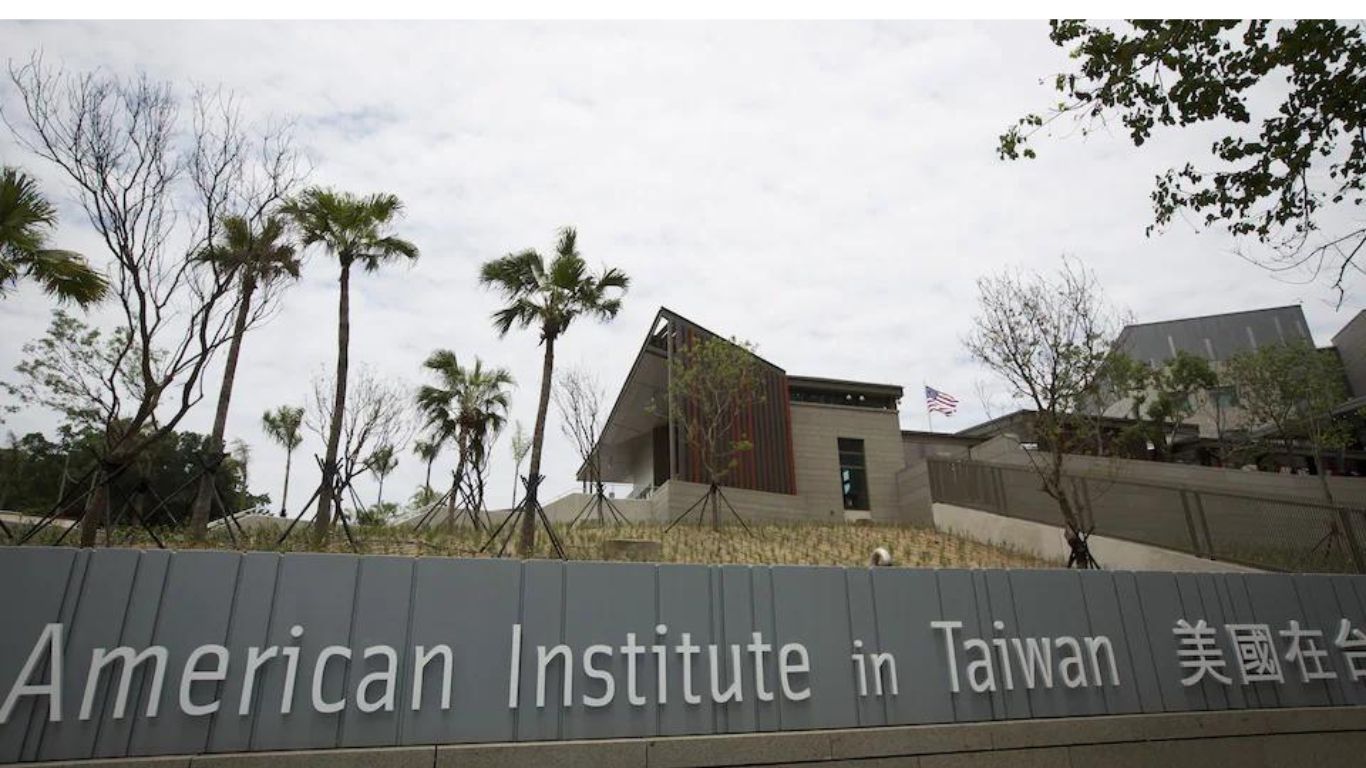
China considers Taiwan as a renegade province that must be reunited with the mainland by force if necessary. It opposes any official contact between Taiwan and other countries, especially the United States, which is Taiwan’s most important security partner and arms supplier. China has also stepped up its military pressure on Taiwan, conducting frequent air and naval incursions into Taiwan’s air defense identification zone and waters.
Tsai Ing-wen is the president of Taiwan and the leader of the Democratic Progressive Party (DPP), which advocates for Taiwan’s sovereignty and democracy. She was re-elected by a landslide in 2020, defeating the China-friendly Kuomintang (KMT) candidate. Tsai has maintained a pragmatic and cautious approach to cross-strait relations, rejecting Beijing’s “one country, two systems” formula but also avoiding provoking China unnecessarily. She has also sought to strengthen Taiwan’s international presence and participation, despite China’s efforts to isolate and marginalize Taiwan diplomatically.
Hsiao Bi-khim is Taiwan’s representative to the United States, equivalent to an ambassador. She is a close aide and confidante of Tsai Ing-wen, having served as her deputy secretary-general and spokesperson in the past. She is also a veteran politician and diplomat, having been a legislator for four terms and a member of several parliamentary committees on foreign affairs, defense, and human rights. She is widely respected and admired in Washington for her professionalism, charisma, and advocacy for Taiwan.
On April 7, 2023, China announced that it had imposed sanctions on Hsiao Bi-khim and her family members, barring them from entering mainland China, Hong Kong, and Macau. It also banned any cooperation between mainland organizations and individuals and Hsiao’s financial sponsors and related businesses. China said that these sanctions were “necessary punitive measures” to hold Hsiao accountable for her “diehard Taiwan independence separatist activities”.
Read More News…
China also sanctioned two US institutions that hosted Tsai Ing-wen during her transit stops in the United States: the Hudson Institute, a conservative think tank that presented Tsai with an award for her leadership in New York; and the Ronald Reagan Presidential Library, which hosted a meeting between Tsai and US House Speaker Kevin McCarthy in California. China also sanctioned four senior officials from these institutions: Kenneth Weinstein, John Walters, John Heubusch, and Fred Ryan.
China said that these sanctions were in response to these institutions providing “a platform and convenience for Tsai Ing-wen to engage in ‘Taiwan independence’ separatist activities”. China accused them of “seriously violating” China’s sovereignty and territorial integrity, and “grossly interfering” in China’s internal affairs.
China also imposed sanctions on two Taiwanese organizations: the Prospect Foundation, a think tank that focuses on regional security issues; and the Council of Asian Liberals and Democrats, a regional network of political parties that promotes democracy and human rights. China accused them of “going all out to ingratiate themselves with anti-China forces” under the guise of academic and research exchanges.
The sanctions imposed by China are largely symbolic and have a little practical impact on their targets. Hsiao Bi-khim does not travel to China nor does she have any business interests there. The same applies to most of the US officials and institutions sanctioned by China. The sanctions may even backfire by generating more sympathy and support for Taiwan among the US public and policymakers.
However, the sanctions do reflect China’s growing frustration and anger over Taiwan’s increasing engagement with the United States and other like-minded countries. China sees these interactions as undermining its “one China” principle and challenging its core interests. China may also be trying to deter further contact between Taiwan and the United States, especially after President Joe Biden reaffirmed his commitment to Taiwan’s security and democracy in his first press conference.
The sanctions also signal China’s willingness to escalate its pressure on Taiwan, both diplomatically and militarily. China may resort to more coercive measures to isolate Taiwan internationally, such as poaching its remaining diplomatic allies or blocking its participation in international organizations. China may also intensify its military activities near Taiwan, such as conducting more frequent or larger-scale drills or exercises, or even staging a blockade or an invasion.








